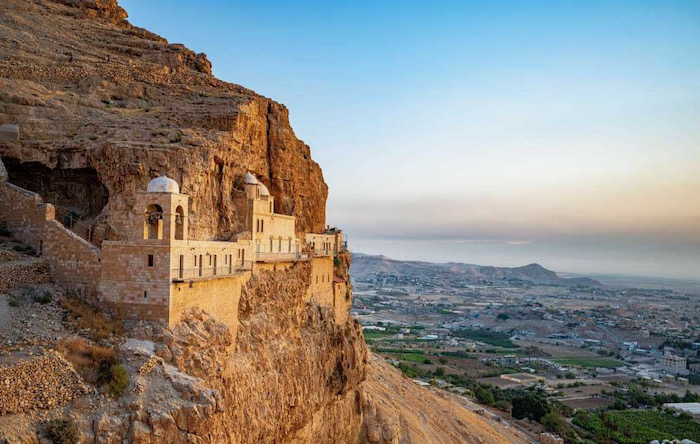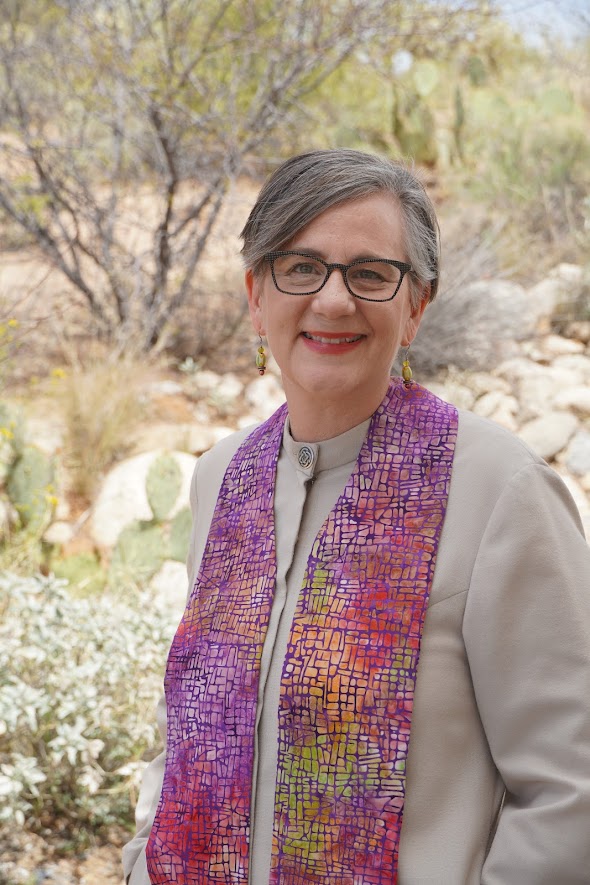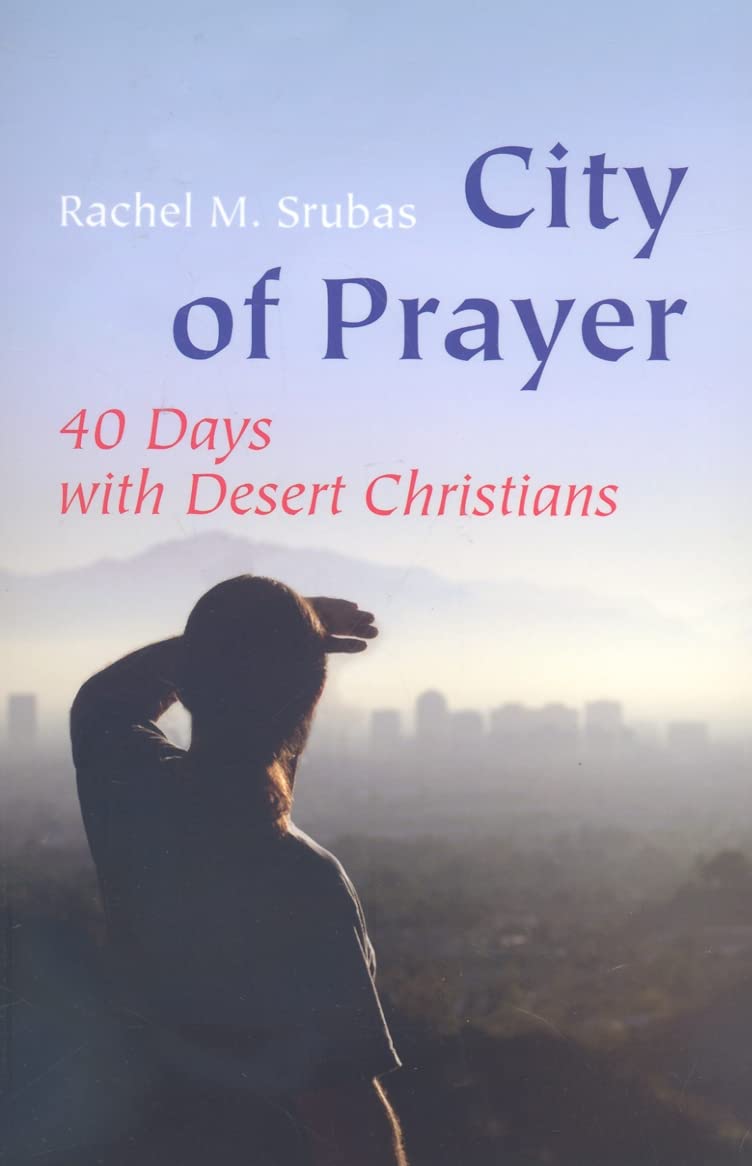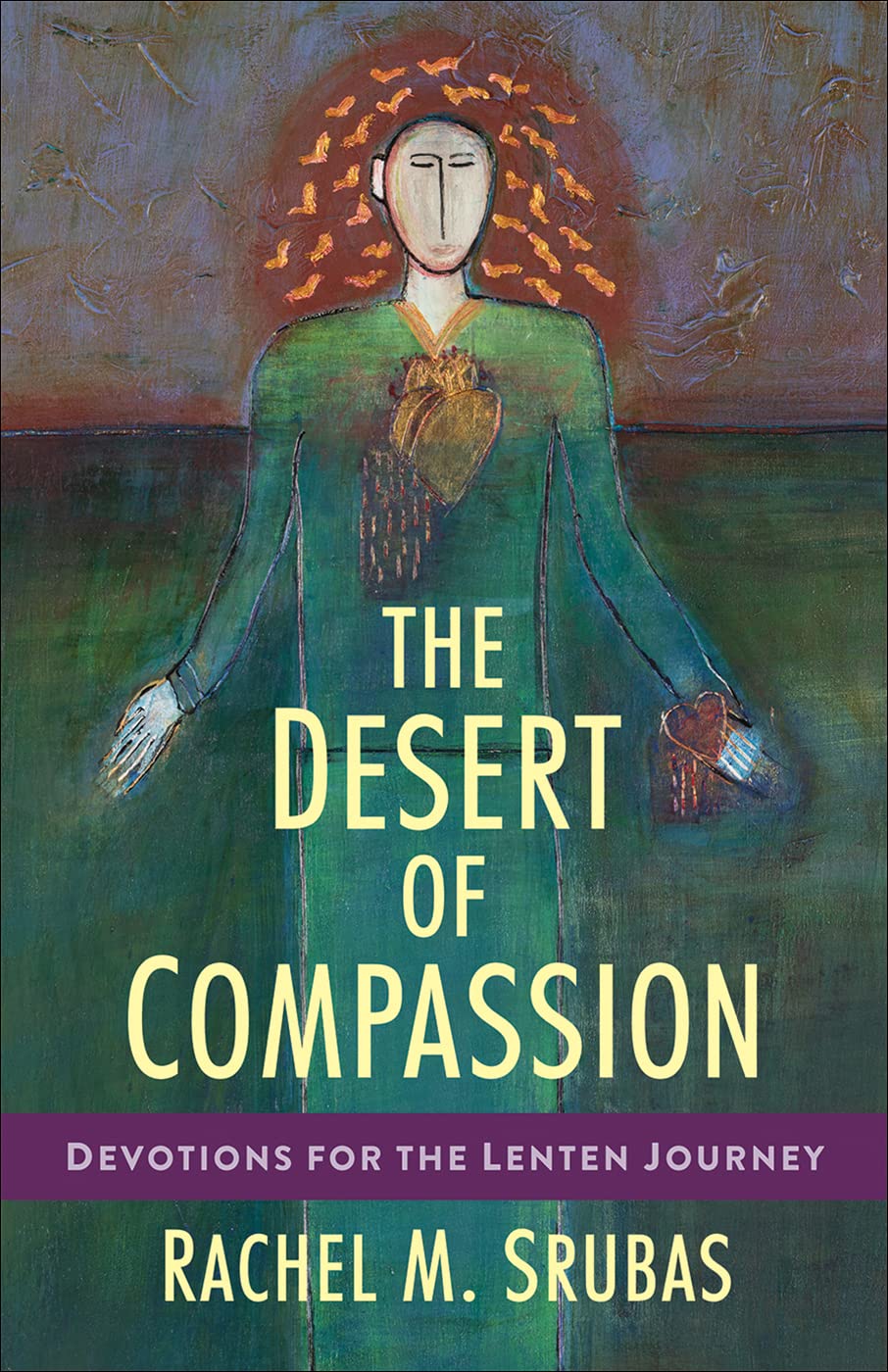
Where did Jesus spend his 40 days in the desert? Christian tradition tells that he stayed in a cave that later was marked with this Greek Orthodox-administered Monastery of the Temptation on Jebel Quruntul in the Judean Desert overlooking Jericho and the Dead Sea. (This photo by Alexey Goral is shared via Wikimedia Commons.)
.
The challenge of Lent: Facing our fears, rather than surrendering to them.
.
By DAVID CRUMM
Editor of Read the Spirit magazine
What’s the most common thing Americans have given up in the 40 days between Ash Wednesday and Easter?
The tradition of Lent itself.
Nationwide research on Americans’ Lenten practices shows that fewer than 1 in 5 Americans claim to be observing Lent these days—and often that observance is as simple as a cultural nod toward “giving up something” from chocolate to social media. That’s a far cry from the traditional Christian call to spend seven weeks in prayer and self-reflection to prepare for the celebration of Easter.
So, we have to praise author Rachel Srubas and WJK Press (part of the Presbyterian Church USA) for publishing The Desert of Compassion—Devotions for the Lenten Journey just in time for Lent 2023. The inspiring journey in these 169 pages is an invitation to spiritually hungry readers to re-engage in the ancient practice of Lent. And—yes, via Amazon, there’s still time to have this book arrive in your mailbox before the season begins. For the majority of American Christians, Lent starts in 2023 with Ash Wednesday, February 22. For Eastern Orthodox Christians, the Fast of Great Lent begins with Clean Monday on February 27.
Here’s why ‘I love Lent’
 “I love Lent,” Rachel said in an interview this week. “Lent calls us to go deep into our own lives—even though we know that journey calls us to tough out the hard stuff around us as we go with God. In my experience, that journey—even through the hard stuff—is the only way to come to the newness of life that God offers and that we celebrate in Easter.”
“I love Lent,” Rachel said in an interview this week. “Lent calls us to go deep into our own lives—even though we know that journey calls us to tough out the hard stuff around us as we go with God. In my experience, that journey—even through the hard stuff—is the only way to come to the newness of life that God offers and that we celebrate in Easter.”
Rachel’s explanation is timely. There has been way too much “hard stuff around us” since the onset of the COVID pandemic three years ago. The church where Rachel is pastor, Mountain Shadows Presbyterian Church in Tucson, was among thousands of congregations nationwide that had to shut down in-person worship for a while. In addition to the trauma of lives lost in the pandemic, we’ve all shared economic crises, devastating storms, wars displacing millions of refugees, a rising tide of bigotry and an upsurge in violence from hate crimes to mass shootings.
Altogether, these three years have produced a national malaise akin to the omnipresent fears in Don DeLillo’s 1985 novel White Noise—a National Book Award-winning story that is experiencing a prophetic resurgence right now via a new Netflix film version. For readers and viewers familiar with DeLillo’s dire warnings about the hellish weight of the times in which we are living—Rachel’s new book could be read as a healing antidote to such paralyzing fears.
‘Hell is no place to live.’
Two thirds of the way through her book, Rachel sums up this enormous spiritual challenge we share these days in six words: “Hell is no place to live.”
In our interview, I asked Rachel about this climactic realization in the Lenten journey that unfolds in the course of her new book.
In response, she said, “As you are quoting those words—’Hell is no place to live’—you’ve touched on my desire in this book to clearly acknowledge that we are in pain today both in the language of Christian faith—and in the language of spiritual practices that have a long tradition in the church. My desire in writing this book is not to run from that pain. I am calling on readers not to numb themselves to the hardness of life today. I hope that readers will engage with the suffering around us so that, through our compassion, we find our way toward healing.
“The problem is: You can’t heal what you can’t feel. We can’t be a healing participant in God’s goodness unless we find a way to reach out and connect with others—unless we find a way to empathize with others and to respond with care and with an openness to how God might work through any of us as agents of healing in our lives and in our world.”
Those words from our interview echo the prophetic message of Rachel’s book. After three years of anxieties that have driven thousands of people away from congregations, Rachel’s book reminds us—day by day in readings that take us step by step through biblical and personal wisdom—that Christianity really is a call toward community.
The Universal Spiritual Call to Community
This central theme in Rachel’s book is especially close to the large circle of authors and readers who are a part of our Front Edge Publishing house and our ReadTheSpirit.com online magazine. We sum up our principles of publishing as: Good media builds healthy community.
Those five words remind us of a central truth shared across the world’s religious traditions.
For example, when Ramadan begins on March 22, this year, Muslims will follow a strict, month-long fast during daylight hours as a way to compassionately connect with human suffering and to remember God’s call to serve the larger community. In addition to hunger during the day, Ramadan also is marked by festive meals with family and friends each night after sunset, frequent visits to mosques for special prayers and to hear nightly recitations from the Quran—and Zakat, donations to help the world’s needy.
When Rosh Hashanah ushers in the Jewish High Holy Days this year on September 15, observant Jews also will reconnect with family and friends, deepen their practice of prayer and spiritual reflection, fast through the holiest day of communal reflection—and gather in large numbers for Yom Kippur.
Racnel is familiar with those parallels, having participated in interfaith programs over the years. “This call to humility and prayer as we confront the struggles we face is something we share,” she said. “And it’s an essential part of the Christian tradition.”
 In fact, one of Rachel’s earlier books examines the roots of this Christian message nearly two millennia ago. That book, City of Prayer—Forty Days with Desert Christians, published in 2008, reaches back to the spiritual disciplines of the Desert Fathers and Mothers, early monastics who lived mainly in what is today Egypt in the first centuries of the Christian church.
In fact, one of Rachel’s earlier books examines the roots of this Christian message nearly two millennia ago. That book, City of Prayer—Forty Days with Desert Christians, published in 2008, reaches back to the spiritual disciplines of the Desert Fathers and Mothers, early monastics who lived mainly in what is today Egypt in the first centuries of the Christian church.
“That book is a different format than The Desert of Compassion,” she explained in our interview. “City of Prayer is a series of meditations on one saying from the Desert Mothers and Fathers for each day. These men and women were essentially our first Christian spiritual directors. People would go out to see them, seeking a word of wisdom from them—and eventually those words of wisdom were written down. While their sayings reflect an ancient world view, they are remarkably timeless—often amazingly modern and relevant to our own lives today.
“We’re still facing many of the spiritual struggles these men and women had all those centuries ago. In response, they speak a lot about the need for stillness and silence and solitude and humility and prayer.”
That’s the thematic connection between these two books.
Rachel said, “I have long been haunted by the call from the prophet Joel in which God says, ‘Return to me with all your heart.’ Lent can be that time we set aside to help us become the people we can become when we do return to God. That returning to God is deeply linked to compassion. When we return to God, we experience God’s compassion. That can tenderize our hearts and can lead us to have a life-giving impact on others as well.
“Lent is an invitation, built into the Christian year, to walk a path of transformation that leads to nothing less than new life and resurrection,” Rachel said. “In this new book, I am inviting readers along that path of reflection, honesty, struggle and insight that leads us to a deeper experience of what Easter really can be in our lives.”
.
Care to Read More?
CONNECT WITH RACHEL—Start by ordering her new book from Amazon or other online retailers. You can learn more about her other books via her Amazon Author Page. And you can connect with her through the Tucson Center for Spiritual Direction.
HAVE YOU READ OUR LENTEN DEVOTIONAL? Many of our readers already have enjoyed Our Lent—Things We Carry by David Crumm. If you have not, then you may want to add this unusual daily devotional to your reading list.
WANT TO LEARN MORE ABOUT THE SPIRITUAL PRACTICES OF RAMADAN? We publish a book that is widely recommended by Muslim leaders: The Beauty of Ramadan by Najah Bazzy.
WANT TO LEARN MORE ABOUT JEWISH HOLIDAY THEMES? We publish a holiday collection by “the Dean of Jewish Preaching,” Rabbi Jack Reamer, titled Finding God in Unexpected Places.
.
.

